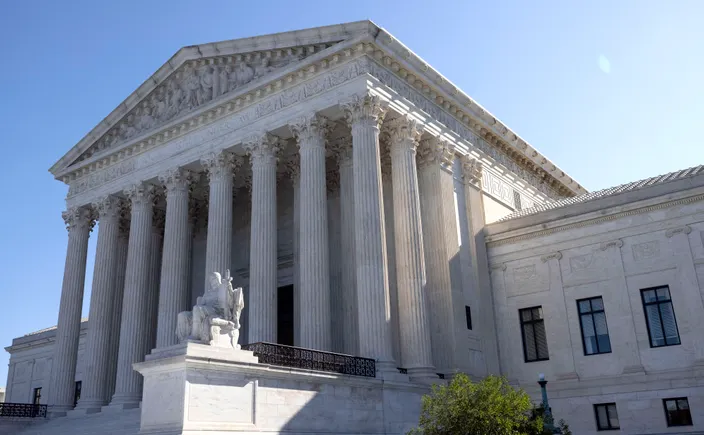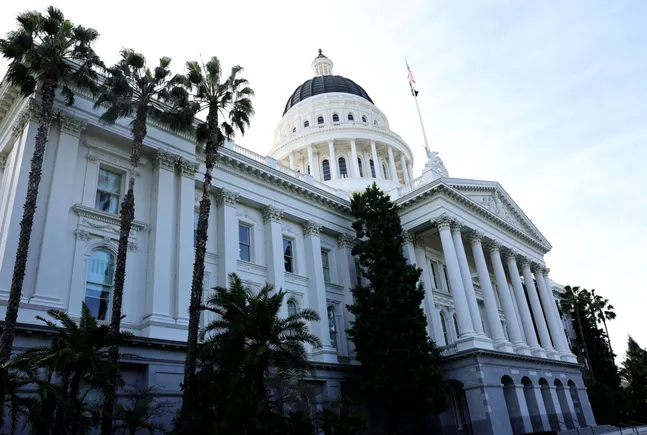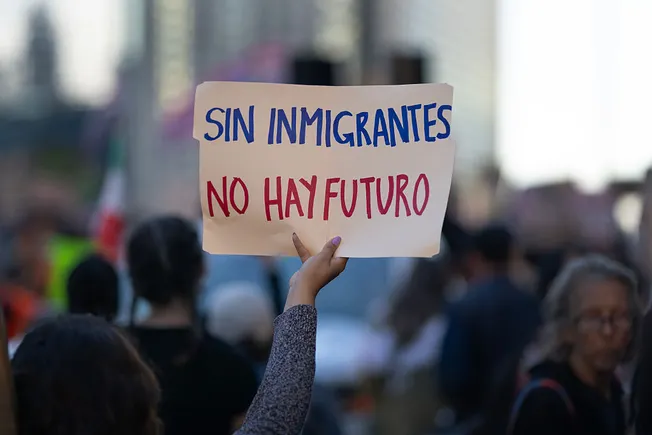Dive Brief:
- Job opportunities reserved exclusively for candidates of a particular race, sex or other characteristic protected by federal anti-discrimination laws present the highest level of legal risk for employers among diversity, equity and inclusion programs, according to a Bloomberg Law analysis published April 14.
- The publication’s report examined the effect of President Donald Trump’s anti-DEI executive orders on workplace programs. It found that disclosures of select DEI program categories — including diverse hiring and promotion goals and employee resource groups — in Form 10-K filings with the Securities and Exchange Commission fell by about half in 2025 from their 2023 peak.
- Bloomberg Law said ERGs present a “medium” level of legal risk, noting that groups which offer job advantages in the form of career and development opportunities for employees based on their protected characteristics while excluding other workers had a higher chance of violating anti-discrimination laws. Other programs, such as equal employment opportunity training, were “highly unlikely” to present legal risk.
Dive Insight:
The report’s conclusions find some support in recent federal civil rights law guidance from the U.S. Equal Employment Opportunity Commission, which published two documents last month outlining “illegal” DEI programs within the context of Title VII of the 1964 Civil Rights Act. EEOC specifically identified programs that limit, segregate or classify workers based on sex, race and other protected characteristics as well as those that use quotas or similar mechanisms to balance a workforce by those traits as illegal.
EEOC Acting Chair Andrea Lucas also issued a series of letters to U.S. law firms inquiring about their use of DEI programs identified as high-risk in Bloomberg Law’s report, such as diverse clerkship programs and affinity groups. Four of the firms entered settlement agreements with EEOC on April 11 in which they agreed not to engage in unlawful discrimination and to cease labeling lawful workplace programs as DEI programs.
The Trump administration’s focus on eliminating DEI may be leading more federal contractors to seek internal review of DEI programs and diversity analytics under attorney-client privilege, the Bloomberg Law report found. In the meantime, the Trump administration has sought a restructuring of the watchdog agency that oversees civil rights enforcement among federal contractors.
Not all employers have abandoned DEI programs in the wake of legal shifts; one SHRM leader said in January that employers should “evaluate and elevate” DEI and make adjustments to programs where necessary. In one notable example, Costco rejected an anti-DEI shareholder proposal last year, differentiating the company from a few of its retail competitors.






Leave a Reply